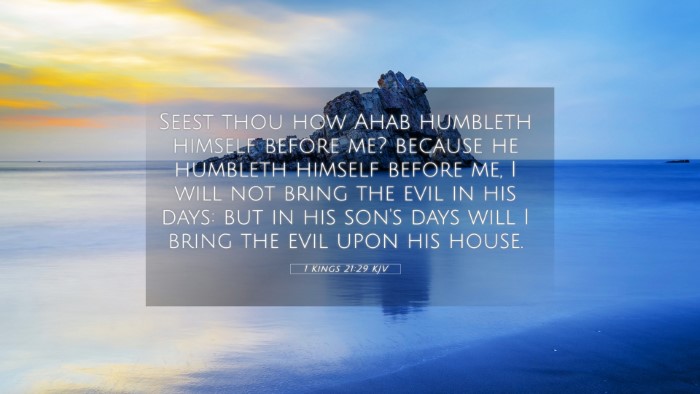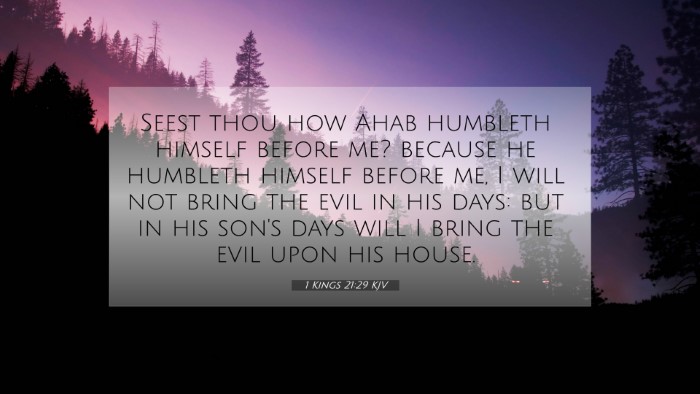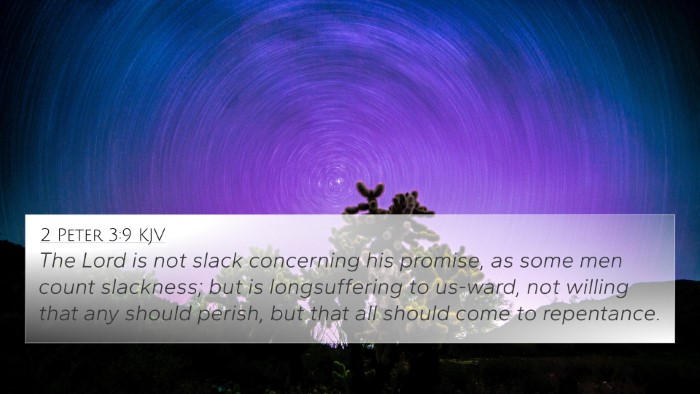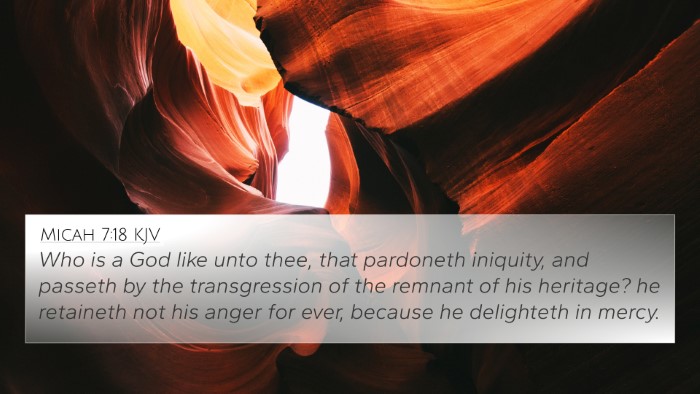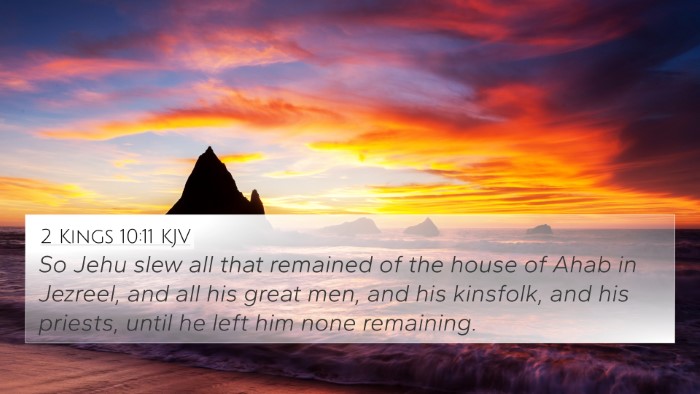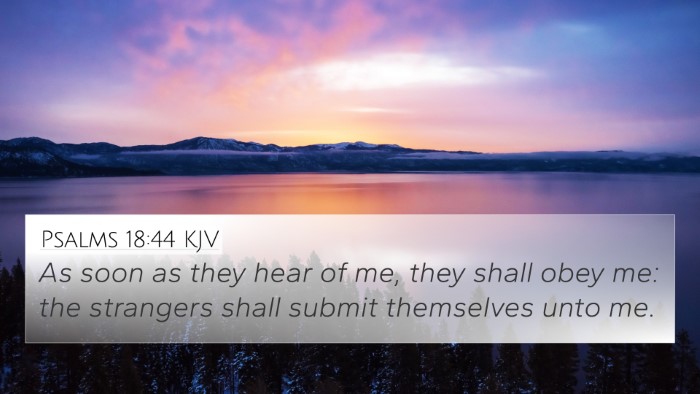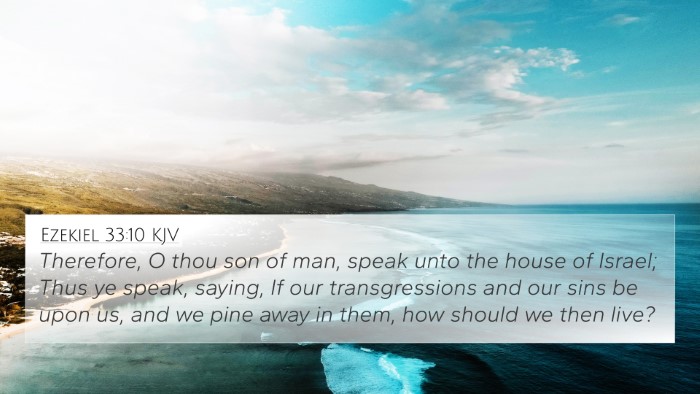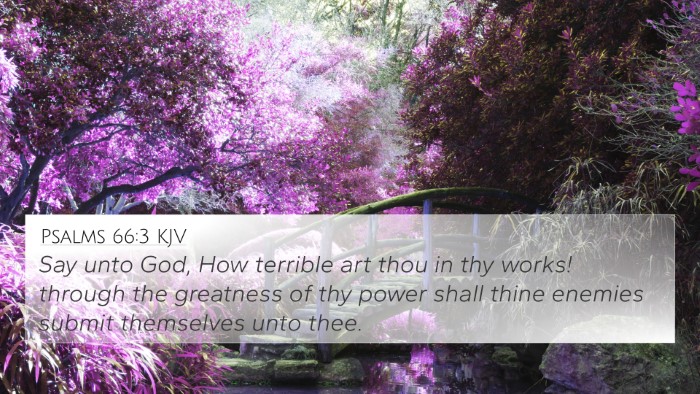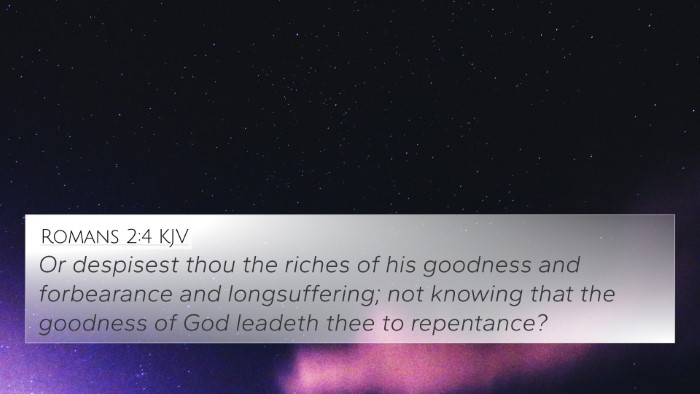Understanding 1 Kings 21:29
Verse: “See how Ahab has humbled himself before Me? Because he has humbled himself before Me, I will not bring this disaster in his day, but I will bring it on his house in the days of his son.”
1 Kings 21:29 encapsulates a critical moment in the narrative of King Ahab, revealing themes of humility, judgment, and divine mercy.
Verse Meaning and Insights
This verse portrays God's recognition of Ahab's humility and repentance after receiving Elijah’s prophecy regarding the impending judgment for his sins. Ahab's acknowledgment of his wrongdoing opens the door for God's mercy, illustrating the profound principle that true humility before God can alter the course of judgment.
Commentary Insights
-
Matthew Henry:
Henry emphasizes that Ahab's change of heart should not be viewed as a mere emotional response but rather as a genuine turn from his previously wicked ways. He notes that God’s decision to postpone the judgment demonstrates grace and highlights God’s willingness to be compassionate to the genuinely repentant.
-
Albert Barnes:
Barnes points out the significance of God's mercy, illustrating that although Ahab had committed grievous sins, God's acknowledgment of his humility showcases a relational aspect between humanity and divinity. Barnes encourages readers to understand that God's judgment is often tempered by His mercy when true repentance is presented.
-
Adam Clarke:
Clarke denotes that Ahab’s recognition of his failures initiated a pivotal change in his fate, signifying that no one is beyond redemption if they can sincerely humble themselves before God. The emphasis is placed on Ahab's future generations, as Clarke implies that consequences may persist, yet mercy is available to those who seek it.
Thematic Connections
This passage draws connections to various themes within the Bible, emphasizing the profound nature of repentance, humility, and accountability.
- Repentance: Ahab’s humility illustrates a central theme in the Bible that repentance can lead to mercy. This theme is mirrored in texts like 2 Chronicles 7:14, where God's people are called to humble themselves.
- God's Judgment and Mercy: The contrast of judgment and mercy is further explored in passages such as Micah 7:18-19 and Ezekiel 18:21-23.
- The Future of the Wicked: The mention of judgment concerning Ahab's descendants ties into broader themes of inheritance and consequences seen in Exodus 20:5-6.
Bible Verse Cross-References
This verse serves as a foundation to explore cross-references that enrich understanding:
- 2 Chronicles 34:27: Highlights God’s response to humility.
- James 4:10: “Humble yourselves before the Lord, and He will lift you up.”
- Isaiah 57:15: God dwells with the humble and contrite.
- Luke 18:14: The tax collector went home justified because he humbled himself.
- Proverbs 3:34: God gives grace to the humble.
- Psalm 51:17: A broken spirit, a contrite heart - God does not despise.
- Matthew 5:3: “Blessed are the poor in spirit, for theirs is the kingdom of heaven.”
Conclusion
1 Kings 21:29 stands as a testament to the transformative power of repentance and humility. As illustrated through various public domain commentaries, this verse serves as a reminder that God's mercy is always accessible to those who genuinely seek forgiveness. Cross-referencing this verse with others deepens our understanding of these biblical themes and showcases the interconnectedness of scripture, enriching our personal study and spiritual growth.
Tools for Bible Cross-Referencing
Utilizing resources such as a Bible concordance or a Bible cross-reference guide can lead to a deeper understanding of thematic connections between verses. Exploring Bible reference resources and employing cross-referencing Bible study methods can yield significant insights into the inter-Biblical dialogue present within scripture.
Additional Resources
- How to use Bible cross-references: An overview of methods to identify and explore relevant scripture connections.
- Cross-referenced themes in the Bible: Themes providing deeper context and understanding of theological concepts.
- Bible chain references: Systems designed to trace through thematic scripture connections.

